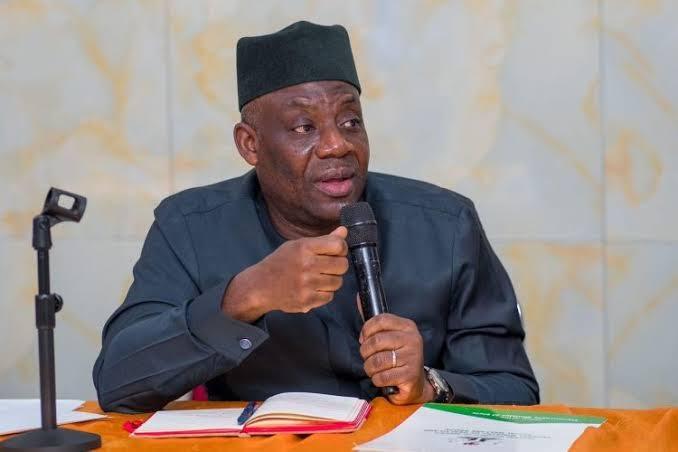In a renewed effort to combat substance abuse among students, the Federal Government has thrown its weight behind the introduction of compulsory and random drug integrity tests in tertiary institutions across the country.
The Minister of Education, Dr Tunji Alausa, made this known in Abuja on Wednesday during a meeting with the Chairman and Chief Executive of the National Drug Law Enforcement Agency, Brig Gen Buba Marwa (retd), where both parties reviewed fresh strategies to tackle drug abuse in schools.
According to a statement by the agency’s spokesman, Femi Babafemi, Alausa also approved the review of the secondary school curriculum to include updated drug education content and pledged to set up an inter-ministerial technical working group in collaboration with the NDLEA.
During the meeting, Marwa presented a three-pronged proposal focused on revising drug education in school curricula, rolling out stand-alone drug prevention programmes in secondary schools, and implementing a drug testing policy for tertiary institutions, covering fresh students, returning students, and random checks.
He warned that drug abuse posed a serious threat to youth development and national security, linking it to criminal acts such as terrorism and banditry.
“We are fighting for the souls of our children. Without drugs, many criminal activities would not be possible,” Marwa said.
He revealed that the agency had arrested over 40,000 drug offenders and seized more than 5,500 metric tonnes of drugs in the last two years.
Responding, Alausa emphasised the urgency of the crisis, stressing that substance abuse was undermining students’ ability to gain a functional education.
“When the youths get into drugs, they won’t go to school, and even when they go to school, they are not getting a functional education,” he said.
“At the end of the day, what happens? Their level of critical thinking is lower. Their ability to make informed decisions in the later part of their life becomes significantly reduced. So, they become unemployable. And what happens? You now have that vicious cycle. They’re not functional.”
The minister confirmed that drug tests would be introduced for both fresh and returning students in tertiary institutions, alongside random screenings.
“You also said something very important about the drug test policy in tertiary institutions. We will do it. We have to do it. We do not have a choice. At least, we’ll start with tertiary institutions, for their fresh and returning students as well as random testing,” Alausa said.
He also disclosed the establishment of a Substance Use Prevention Unit within the Ministry of Education and confirmed that a new curriculum for secondary schools was already in development.
Alausa said, “I would suggest we form a technical working group, an inter-ministerial working group between our ministry and NDLEA.
“As a result, I would also like to create a Substance Use Prevention Unit in the ministry.
“We’re reviewing the curriculum now for secondary school. And that’s why I’ve asked the Director of Senior Secondary School to come, to be here and then we find a way to cascade it down to primary school.
“We need to incorporate both primary and secondary schools into their curriculum. But the one for secondary school, we can do that now. We’re currently developing their new curriculum.
“Also, on the stand-alone school programmes, I agree with you fully. We should also design ongoing programmes in our schools. That we can roll out, and cascade down.”
The minister further assured the agency of his ministry’s readiness to collaborate with the Universal Basic Education Commission and Tertiary Education Trust Fund to strengthen the NDLEA Academy in Jos, Plateau State.









